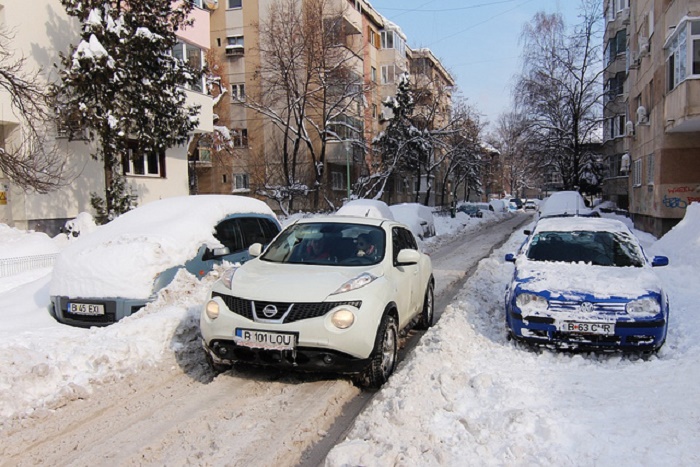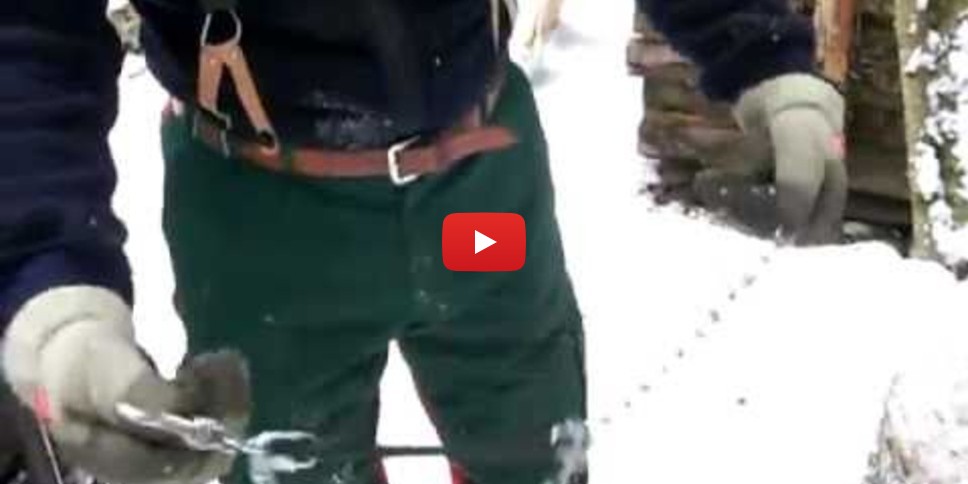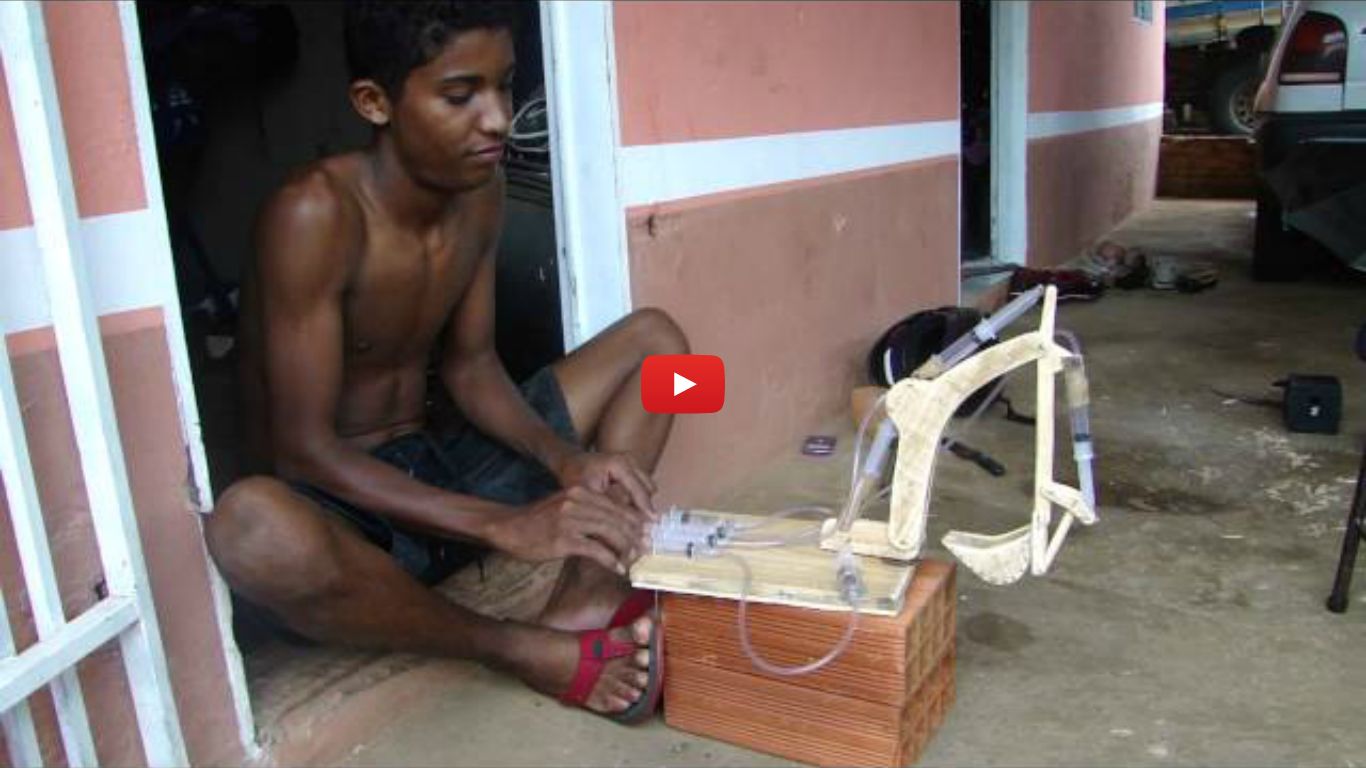This Is Why You Should Never Warm Your Car Up Before Driving – What To Do Instead

A lot of people idle their cars in the winter before driving in an effort to “warm up the engine,” but experts warn that this habit may actually be doing more harm than good.
No one likes to hop into a freezing cold car with even colder seats in the middle of a brutal winter. The racket your gas engine makes when driving makes it sound like there’s a cat fight going on under the hood. So most people who drive in colder weather are taught to warm up their vehicle. It turns out that this is wrong.

Image Credit: https://www.flickr.com/photos/inyucho/5279845504/in/photolist
Mechanical engineer Stephen Ciatti, who also knows a thing or two about engines from his time spent as a former drag racer, has worked on combustion enginers for almost three decades. He focuses on engines that generate power from burning fuel, like gasoline.
He also spearheads all of the combustion engine work at Argonne National Laboratory in Illinois. Ciatti said that warming up the engine before driving not only wastes precious fuel, but actually strips oil from the critical parts of your engine that help it run, specifically the pistons and cylinders.

Image Credit: https://www.flickr.com/photos/48625620@N00/3005727993/in/photolist
If you pop open the hood of your vehicle and you’re lucky to find the windshield wiper reservoir, just know that when the gasoline in your vehicle combines with air in the fuel line, it goes into what’s called a cylinder in the engine. There, it relies on a piston to compress it. This movement causes a combustion event, which powers your engine.
But when it’s cold outside, the gasoline doesn’t evaporate as easily, so your vehicle instead pushes more gasoline than usual into the air-gas mixture. That means the extra gasoline can end up on the walls of the cylinder and wash off the needed oil that’s there while it’s idling. If you warm up your vehicle a lot during the winter, washing off the oil will reduce the lubrication of the combustion chamber and cause problems.

Image Credit: https://www.flickr.com/photos/zooboing/6869641073/in/photolist
The good news is that your vehicle doesn’t need that extra gasoline all winter long. It only happens when the gasoline is cold, so once your engine warms up to approximately 40 degrees Fahrenheit, the car then uses the normal amount of fuel. So what should you do instead of idling your vehicle? Ciatti said: drive.
“You will get the oil warmer, faster so that it’s flowing exactly the way it’s intended if you drive the car lightly reasonably quickly [after turning it on], within say 30 seconds to a minute. The power steering pump is certainly going to groan a little bit … but idling the car for five minutes isn’t doing a thing for the power steering fluid. Nothing. You’re not making the power steering fluid do anything because you’re not steering and moving the pump.”
In fact, in the amount of time it’ll take you to scrape snow and ice off of your windows if your vehicle sits outside, your car will be plenty warmed up enough to drive. If it’s in a garage, by the time you strap in the kids or fasten your seat belt and take a sip of your morning beverage, your vehicle should be ready to roll.
Of course, Ciatti cautions how to drive a cold vehicle. You just can’t gun it. In fact, you’ll waste even more gas than what’s being used until the engine warms up.

Image Credit: https://www.flickr.com/photos/nicubunuphotos/6880784049/in/photolist
So why have winter weather drivers been misled this entire time? Because decades ago, vehicles had carburetors. Today, engines use electronic fuel injection technology, which uses a sensor to feed the cylinders the correct amount of air and gasoline to create the combustion event. Older vehicles that had carburetors didn’t have that technology, causing a vehicle to possibly stall if it wasn’t warmed up.
Here’s a great video with some winter hacks to help you and your vehicle.
While you may be a bit chilly at first when you hop in that vehicle until the heater begins blow warm air, but you’ll actually be saving fuel and the life of your engine.
Source: http://gotumble.com/754/warming-up-your-vehicle-in-the-winter-actually-causes-this/









